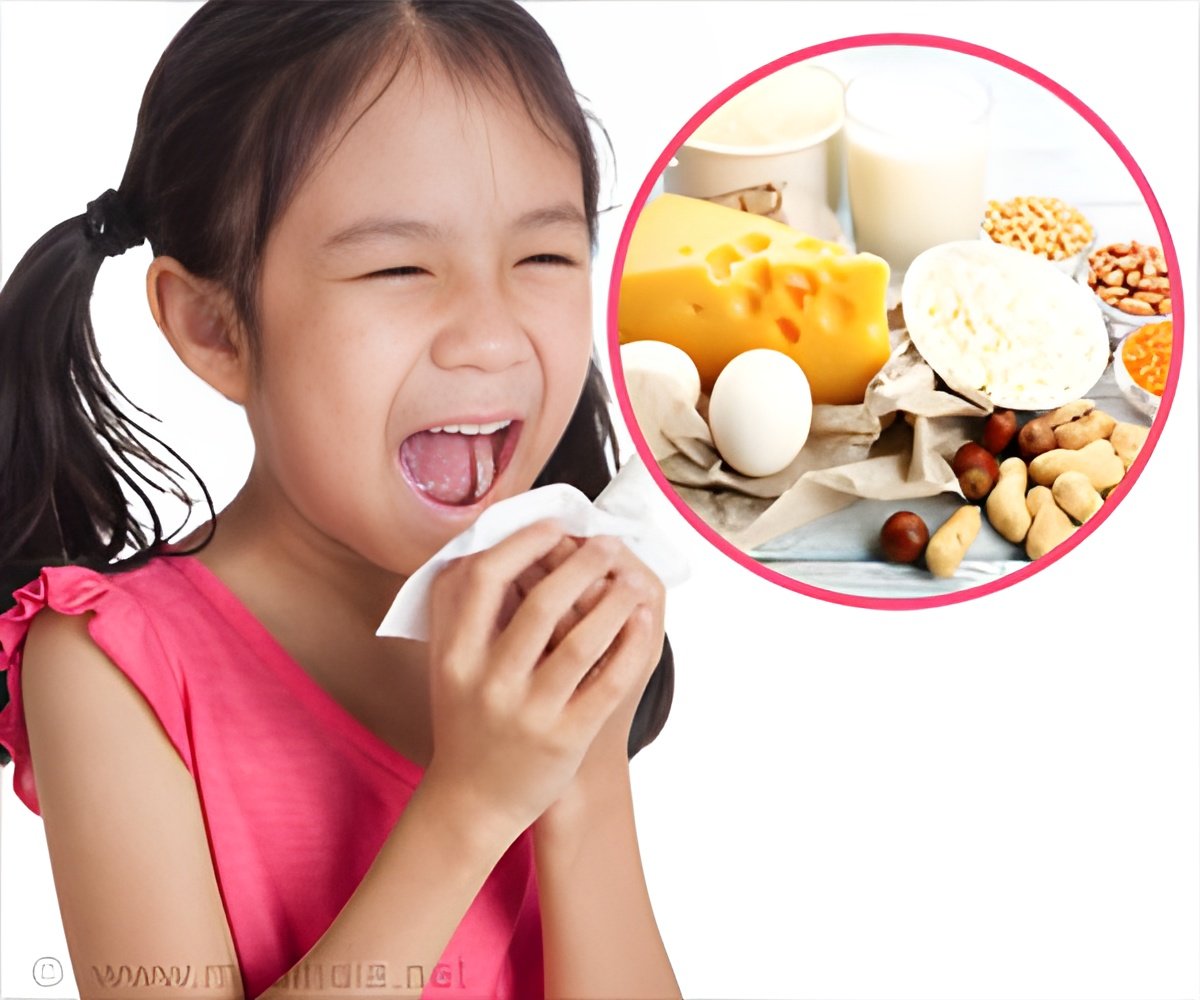Study shows that food allergies in children also impact parents’ mental health.

‘Parents of children who have had an adrenaline auto-injector administered were seven-folds more likely to experience PTSS.’
Read More..




Judith Young carried out the study in collaboration with Dr. Kate Roberts after noticing there was little research on parents’ psychological distress related to their child's allergy. Read More..
Participants were 105 parents of children with medically diagnosed food allergies who were asked to complete online questionnaires about their experiences. Almost half of the children had been rushed to the hospital at least once because of an allergic reaction.
The research team considered the level of the child's allergy along with parents' intolerance of uncertainty, i.e., how they manage unforeseen events; for instance, they can’t control their child's exposure to allergic food completely. The self-efficacy (their confidence in allergy management) of the parents was also measured.
Researchers found that 81% of parents face 'significant worry' about their child's food allergy. The clinical cut-off for post-traumatic stress symptoms (PTSS) was met by 42% of parents, while 39% of parents reported moderate to extremely severe anxiety.
In addition, parents of children who have had an adrenaline auto-injector (like Epipen) administered were seven-folds more likely to experience PTSS.
Advertisement
Dr. Roberts said, "Caring for a child with a food allergy can be really challenging - not least because they can be exposed to the foods they are allergic to, even with very careful management.”
Advertisement
"Knowing which factors could predict different psychological outcomes is important because it could help identify those parents who may be struggling with their mental health and help them overcome some of the problems they may be experiencing," she added.
Dr. Alex Brightwell, a Consultant Paediatrician, said, “Anxiety and worry about having a child with food allergies is something we are seeing on a day to day basis. We are looking forward to working with UEA on further research to develop tools to support families affected by food allergy."
Source-Medindia















